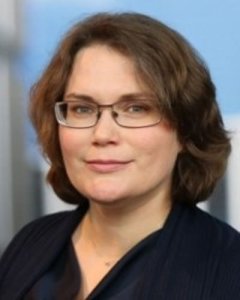Presented By: Department of Astronomy
Department of Astronomy 2022-2023 DEI Series Presents:
Melissa McClure, Assistant Professor, Leiden University

"Acknowledging neurodiversity in academia"
The benefits of cultural and personal diversity on the performance of professional teams are well-documented. Diverse individuals are encouraged to be themselves and not succumb to imposter syndrome. However, individuals with neurodevelopmental conditions, like ADHD, autism, dyslexia, or Tourette's syndrome, may find that academia culture is still unwelcoming towards their differences relative to a "neurotypical" standard. Since many of these conditions describe cognitive differences that can be an advantage in doing science, they can be viewed within the framework of "neurodiversity", which advocates a strengths-based perspective. I will introduce these conditions and discuss how to address the stereotypes surrounding them to improve working conditions for neurodiverse students and academics.
The benefits of cultural and personal diversity on the performance of professional teams are well-documented. Diverse individuals are encouraged to be themselves and not succumb to imposter syndrome. However, individuals with neurodevelopmental conditions, like ADHD, autism, dyslexia, or Tourette's syndrome, may find that academia culture is still unwelcoming towards their differences relative to a "neurotypical" standard. Since many of these conditions describe cognitive differences that can be an advantage in doing science, they can be viewed within the framework of "neurodiversity", which advocates a strengths-based perspective. I will introduce these conditions and discuss how to address the stereotypes surrounding them to improve working conditions for neurodiverse students and academics.